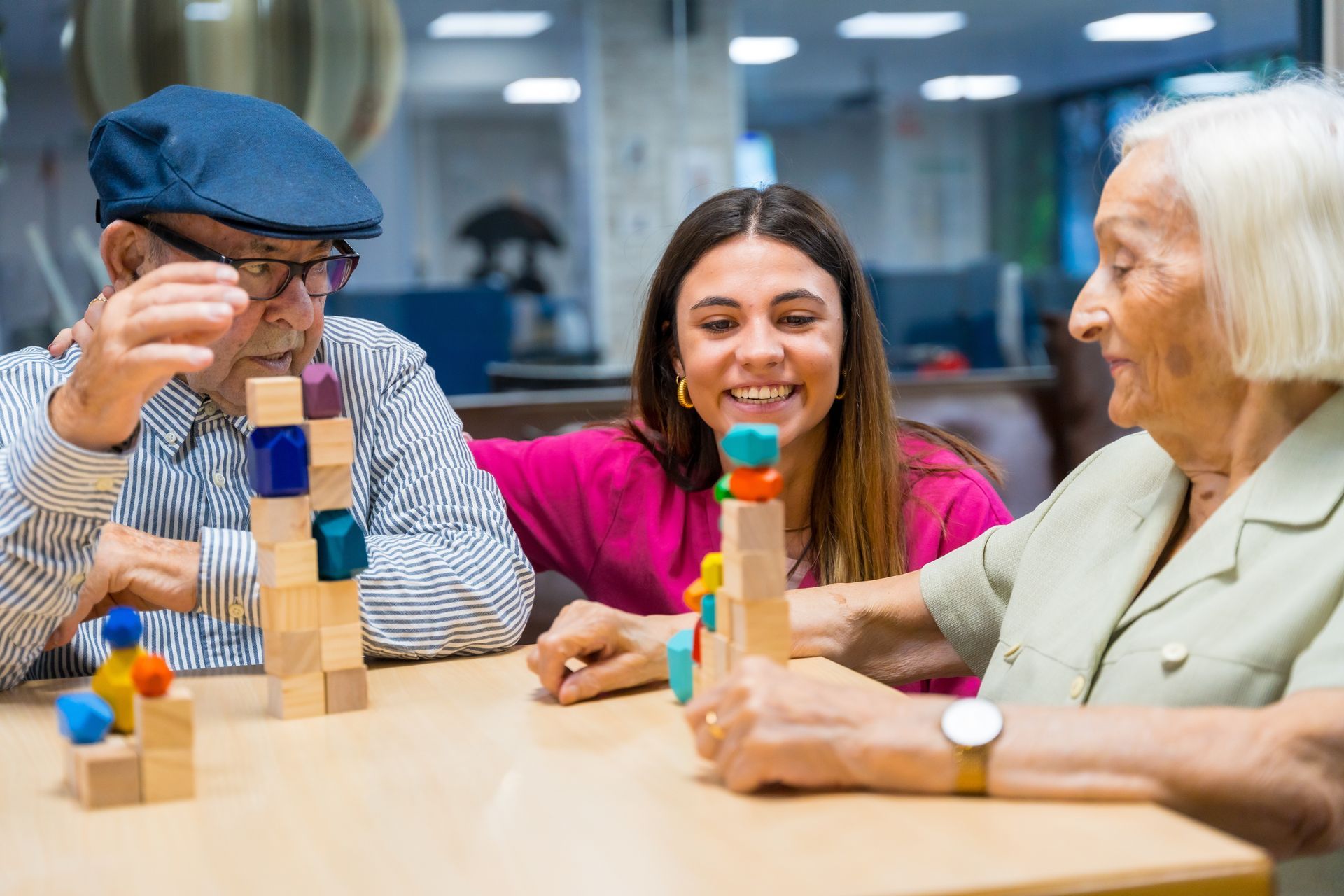BLOG
Why Good Nutrition Is So Important for Older Adults and What it Might Mean When They Overlook Their Own Diet
Proper nutrition in seniors is key for healthy aging. Unfortunately, as a person ages, it becomes more difficult to absorb the necessary nutrients, especially if chronic conditions such as heart disease or diabetes are present.
If you are concerned your loved one is missing the benefits of regular healthy eating, it’s important to look at the reasons why, and what you can do to help remedy the situation.
Why proper nutrition in older adults is so important
According to the National Institutes of Health, maintaining a nutrient-dense diet is critically important for older adults because of the impact of food intake on health. Years of research have demonstrated that diet quality has a huge effect on physical condition, cognitive condition, bone health, eye health, vascular function, and the immune system.
Older adults generally have lower calorie needs, but similar or even increased nutrient needs compared to younger adults. This is often due to less physical activity, changes in metabolism, or age-related loss of bone and muscle mass.
Here are just 2 examples of the effects of poor nutrition in older adults:
- Protein. Older adults often eat too little protein — especially adults ages 71 and older. Protein can help prevent the loss of lean muscle mass. Too little protein can result in swelling, especially in the abdomen, legs, feet, and hands. It also can make you feel depressed or overly aggressive. Hair, nails and skin can become brittle or thin. You might feel hungry throughout the day. Healing can slow as well.
According to Academy of Nutrition and Dietetics, women and men in their sixties need 5 to 5 1/2 ounce-equivalents, respectively, of protein foods daily and preferably spread throughout the day. Good sources include lean cuts of beef, chicken, fish, pork and lamb. Even is a person does not eat meat, they can still find protein in eggs, beans, tofu and nuts, as well as low-fat or fat-free milk, yogurt and cheese.
- Vitamin B12. The ability to absorb vitamin B12 can decrease with age (due to a slowdown in stomach acid production that normally occurs with aging) and with the use of certain medicines. Vitamin B12 plays an essential role in red blood cell formation, bone health and neurological function.
A deficiency in this vitamin can cause weakness, constipation, loss of appetite, balance problems, depression, confusion, pain and inflammation of the mouth and tongue, muscle cramps, disturbed vision, and headaches. In addition, it can be difficult to diagnose vitamin B12 deficiency because symptoms are not always present or the symptoms can be similar to other nutritional deficiencies.
Nutrition in older adults: why does it become harder?
Many factors can contribute to poor nutrition in adults:
- Not able to shop for groceries regularly
- Lack of appetite due to medications
- Unable to lift pans or get things down from shelves safely
- Memory issues make it difficult to follow recipes
- Food is left out or spoils in refrigerator
- Loss of taste or smell
- Difficulty chewing due to dental issues
- Bored with choices with tendency to skip meals
- Doesn’t like to eat alone
How senior living communities help seniors get the nutrients they need, and the meals they enjoy
As important as nutrition is, there’s more to eating than getting the right vitamins. Eating a meal that is tasty and prepared with fresh ingredients can be a delightful occurrence. Being around friends, enjoying conversation and companionship, and feeling part of a community also can enhance the overall dining experience for each person. This is where the right senior living lifestyle can make all the difference.
In residential senior living such as Assured Senior Living, dining is truly a family affair.
Delicious, family-style meals are created daily in our well-appointed home kitchens, with residents encouraged to pitch in. It’s home cooking at its best, with specialty diets always available to suit every taste and health need.
Not only are residents getting the proper nutrition, they look forward to mealtime and enjoying a true sense of community and comfort.
We’d love to tell you more
In our signature residential community model, staff residents live right on campus, to offer quality care and support 24 hours a day, 7 days a week. At Assured Senior Living, you’ll find more than a community. You’ll find purposeful living.
Download our free guide, Family Decision Toolkit. Or contact us today.















